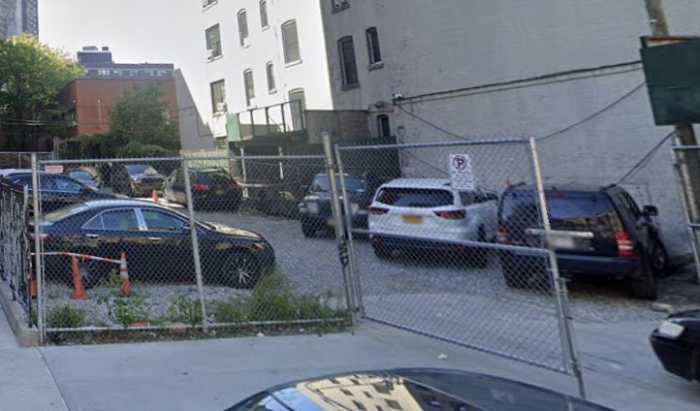Surprisingly, I’m a little sorry to see the old year disappear. Sure, it had a few holes, was a little frayed around the collar and cuffs, but I could have stretched it out a bit longer, then pieced it into a quilt or something. But poof. It’s gone.
Perhaps I will refuse to move on. Who says a year has to have 365 days and must be reckoned by the movement of the sun around the earth? Or that it starts on January 1, and not, for instance, sometime in April when the last of the snow starts to melt and jonquils poke up out of the mud?
What can you get done in a couple hundred days, after all? Some good things are done more quickly. It only takes a few hours to bake a loaf of this amazing Swedish rye, perfumed with fennel and molasses, or write a short essay. But two years haven’t been enough to rebuild Port-au-Prince since a quake leveled the place on January 12, 2010. Remember that? And Haiti, the first independent nation in Latin America, has been working on the project of democracy ever since it stepped out alone in 1804.
Even the United States still has amateur status in the democracy game after 236 years, with an up here (Hillary Clinton’s important speech acknowledging LGBT rights are human rights, the removal of troops from Iraq) and a down there (going to Iraq in the first place, refusing to give “enemy combatants” their day in court.)
One man in Tunisia, setting himself alight sparked a rebellion in a matter of hours. But the hopefully named “Arab Spring” didn’t end on June 21. In Egypt, civilian tyrants were succeeded by military ones, which in turn, may be followed by hard-line Muslims ones, putting women and queers not just on the sidelines again, but maybe in the crosshairs. So for us, it might turn out to be no kind of spring at all, but a kind of blistering hellish and extended summer. But Egypt’s nightmarish Salafists — or even the presumably mellowing Muslim Brotherhood — won’t have the last word if enough people there simply refuse to submit to oppressive laws.
Unwritten ones can be more elusive, harder to fight. Like the ones that govern gender, declaring you must walk in a certain way, swagger or mince. Or change your hair. The rules governing desire permit a little homosex to be tolerated occasionally, but not flaunted up front. Out loud.
In the US, we even have rules governing time, dictating that life must move at breakneck speed and be filled with consumption both of information and of stuff. We must have the latest iPhone or bust. Accumulate friends, and follow what they do in real time. Be connected every minute of the 24/ 7 because everything zips by so fast. Split seconds have become more relevant than the revolutions of stars around planets.
It makes it harder to be an activist — this illusion of speed and the gratification of desire. I feel like a loser. I’ve been doing LGBT activism for how long now? Twenty years? And this year again, how many queers will kill themselves? How many will be killed, sacrificed to somebody else’s perverted sense of morality?
The news will break and people will be horribly outraged as if it has never happened before. We’ve lost our sense of perspective. That each death is a repetition, at the same time each death is unique and new and horrible with a single name attached.
If we don’t see the problem of homophobia and violence in its entirety, how it fits in with the rest, it can never be solved. But to see how big it is and how long it’s gone on invites despair when even the New York Times updates its site every couple of minutes. Why can’t we update our lives? Update this country?
Things are moving, but not very fast. As a dyke activist, it’s infuriating. We have more rights, but why are we still so invisible? When I measure our gains by the speed of the Internet, I’m sure I’ve wasted my life and would like to stop and try to think in more geological terms.
Upstate, in the Catskills, all the trees are stripped to the minimum. And the undergrowth has died, leaving the earth bare, exposing old boulders deposited by the imperceptible movements of glaciers that themselves helped carve out hollows and gullies and hillsides. I like staring at them, thinking of that river of ice and snow bearing along these indigestible, patient things that know how to endure and assert themselves without counting hours or days or years. If we could pull that off — what a triumph.


































